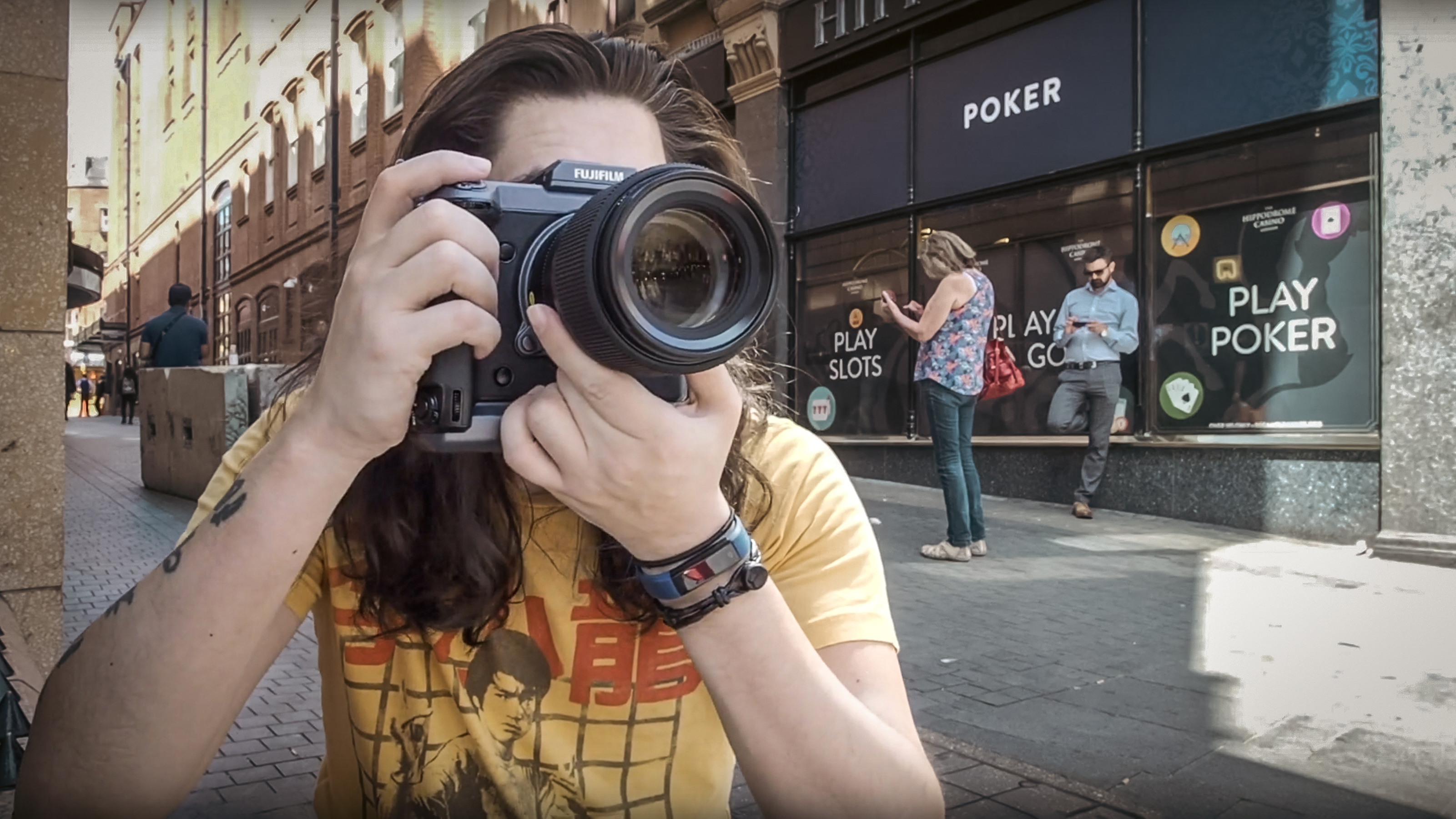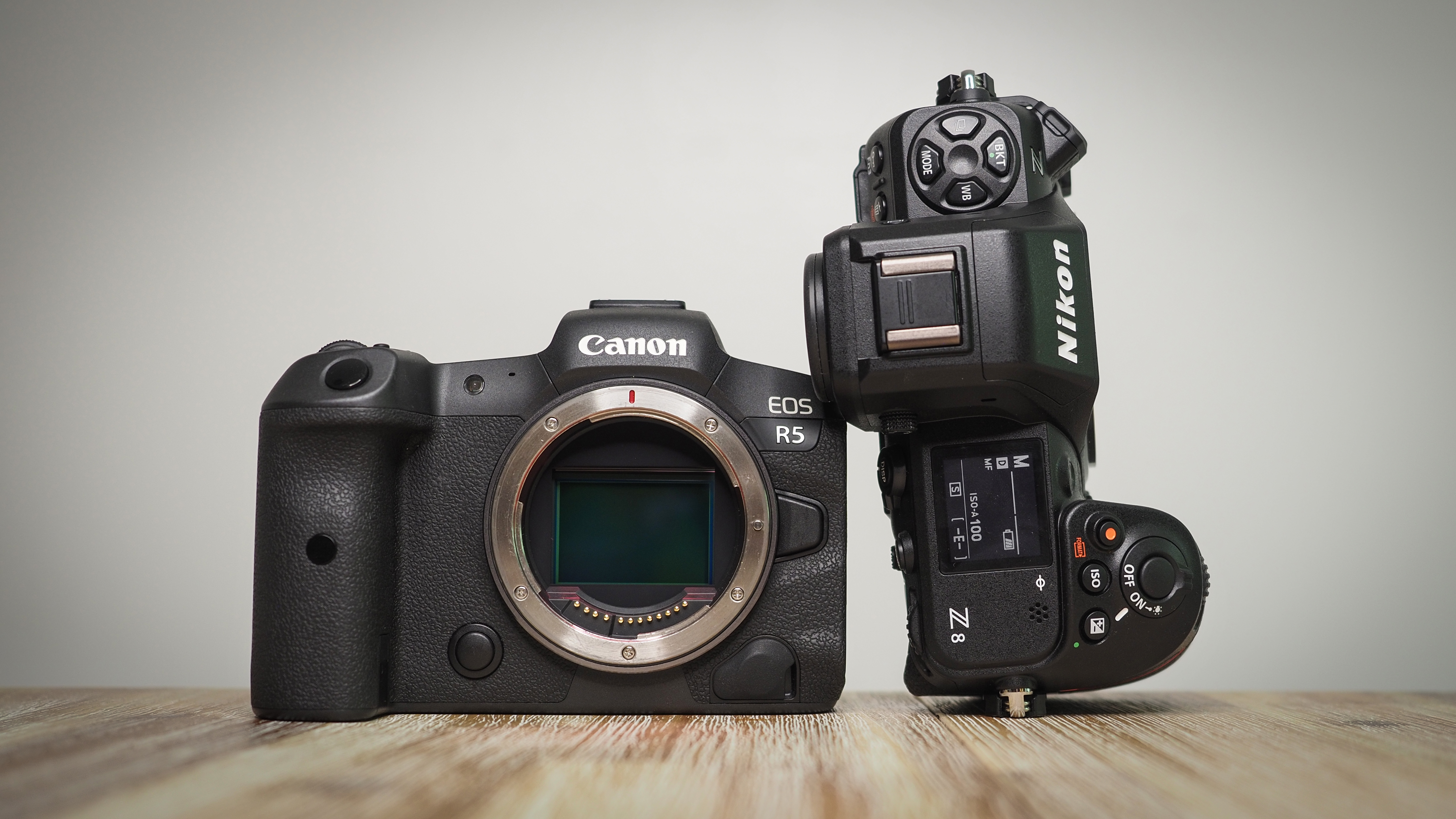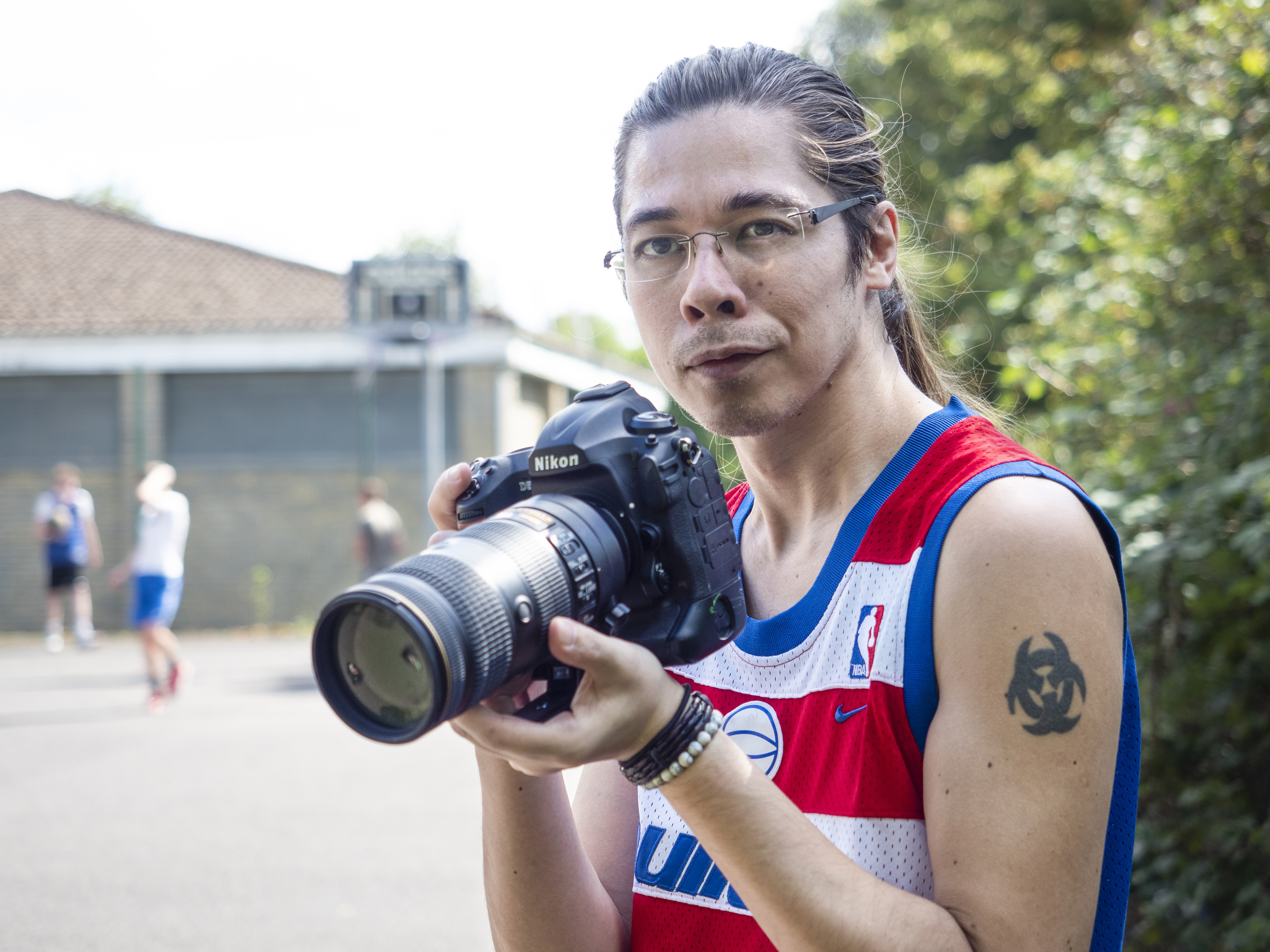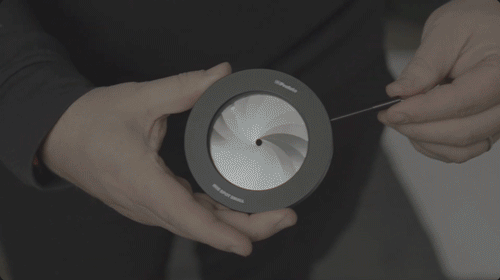
Photography has historically been a fairly snooty profession. In recent years, in particular, it’s become more a tech industry than an artistic one, with photographers chasing specs and stats rather than pursuing and perfecting their craft.
As such, owning the latest camera has become somewhat akin to owning the latest Apple product; a status symbol, of sorts. Buying the latest iPhone or iPad is a statement that you’re on the cutting edge, but buying an iPhone 11 today might be perceived as being a bit backward by some.
This has led to no small degree of snobbery when it comes to cameras. The same snobbery that scoffs at smaller sensors, or fewer megapixels, or older cameras. If you don’t own a Nikon Z8 on release day, how can you possibly show it off at the camera club?
This bizarre arms race, where people are less concerned with their photographs than the cameras that take them, gives savvy photographers a great opportunity, though.
That guy who bought a Z8 on release day? He probably bought a Z7 II on release day, too, and he had to sell that to get his new camera. Ditto the Z7 before it. Which means that he has added two fantastic, aspirational cameras to the second-hand market – where they will be available for much more affordable prices.
It’s in this way that savvy photographers can work hard at improving their skills, and upgrade their kit to give them new and exciting tools to work with and further improve.

The photography student who started out with an APS-C DSLR can quickly move up to full frame. The weekend warrior who was shooting weddings with a single body can soon add a second to their bag. The landscape shooter who has been using a shopping bag to protect a camera from the rain can now get a weather-sealed body.
And, yes, the full-time professional using their trusty SLR kit can now afford to make the move to mirrorless. And all the while, more and more great kit is being funneled into the second-hand ecosystem.
As someone who used to be a full-time professional in the photography industry, I was amazed at the number of folks who thought that pros always bought their kit new. Again, it’s that perceived status thing – as if you are somehow a poor businessperson if you don’t buy every piece of brand-new kit when it comes out.
Of course, spending all your profits on new gear would make for very poor business indeed. And overlooks the fact that pros routinely rent gear, on a job-specific basis, rather than owning every camera and lens under the sun.
Either way, the camera market may be one of the few in the world where trickle-down economics actually works. One day, you’re struggling to shoot the local football game with a sluggish burst rate and a slow lens. But thanks to the influx of top-tier tech, it won’t be long before you could be shooting big games with a sports camera and a fast aperture.
So thank you, camera club guy – you’ve made cutting-edge cameras way more affordable to way more people. And we thank you for it.

No matter where you are in your journey, there are great options for you. The best cameras for beginners are obviously ideal for newcomers, for ultimate all-in-one ease-of-use, check out the best bridge cameras, and the best professional cameras are where to go for pros.
Get the Digital Camera World Newsletter
The best camera deals, reviews, product advice, and unmissable photography news, direct to your inbox!
Digital Camera World is one of the leading authorities on camera and photography news, reviews, techniques, tutorials, comparisons, deals and industry analysis. The site doesn't just specialize in cameras, but all aspects of photography, videography and imaging – including camera phones, gimbals, lenses, lighting, editing software, filters, tripods, laptops, printers, photo books, desks, binoculars and more.
Whether you're using, looking to buy or trying to get the most out of a compact camera, action camera, camera drone, cinema camera, beginner camera or professional camera, Digital Camera World has a roster of experts with combined experience of over 100 years when it comes to cameras, photography and imaging.

